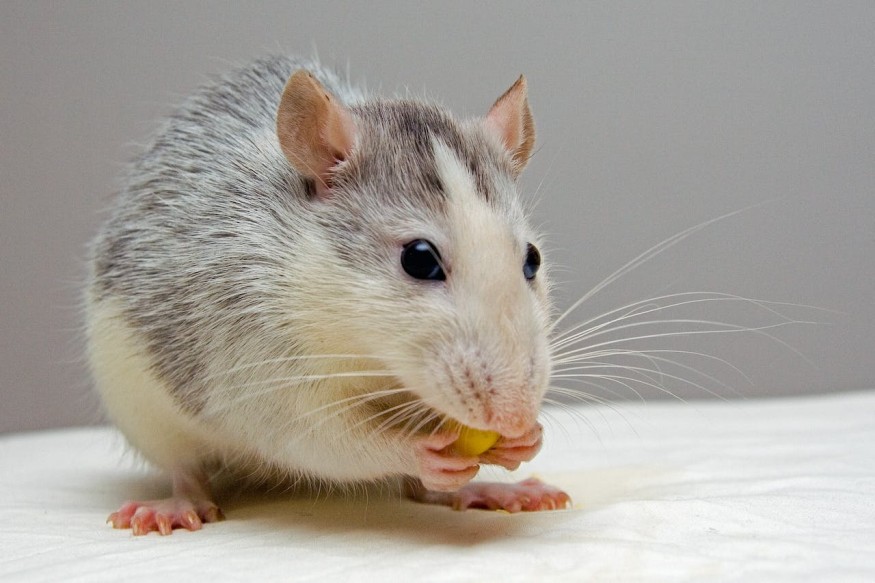
A new study shows that rats may have the capacity to imagine like humans, as exemplified in a VR gaming situation.
Rat Imagination
According to Howard Hughes Medical Institute (HHMI) research, rats could have a specific type of imagination that plays a vital role in route planning. This specific imagination type is monitored by the brain's hippocampus, which is involved in memory and learning. According to research specialist Chonxi Lai from the Janelia Research Campus of HHMI, who is a co-leader of the study, people who have damaged hippocampus end up struggling with imagination, including future routes.
Before this new study, scientists were unable to determine if other animals, including rats, have this type of imagination.
ALSO READ : Birds' Vocal Learning Abilities Tied to Their Intelligence, Problem-Solving Skills, and Brain Size
Rats Exhibiting Imagination While Playing VR Games
As part of the new study, the researchers made use of virtual reality (VR) and a specific brain-machine interface to demonstrate the imaginative capability of these rodents.
According to neuroscientist Kenneth Kay from the Zuckerman Institute of Columbia University, who did not participate in the study efforts, the study is quite provocative as it challenges the long-standing notion that rats could not have the capacity to think beyond the circumstances that they immediately face.
Electrodes were implanted into the brains of the rats in order to gauge the activity of their hippocampus. The researchers then immersed the rats in a VR world by placing them in an arena with a 360-degree screen that surrounds them and that shows a virtual world. The rats were stationed on a spherical treadmill that allowed them to freely rotate and see the full panorama.
The scientists then trained the rats to run to a virtual goalpost for them to get a treat. The movements of the treadmill updated the position of the rats in the VR world. After a couple of rounds, with each one having a goal post at random places, the rats were able to fully explore the environment.
The electrodes were able to pick up a unique activity pattern in the hippocampus for each set coordinate in the virtual environment. The researchers then hypothesized that the rodents could be capable of recreating the patterns if they imagined following a path through these coordinates rather than just running through the route.
With this, the researchers set a game up that made the rats think about moving to a goalpost. The VR world then jumped to the specific coordinates based on the readings of the electrodes rather than the movements of the treadmill. This specific "Jumper" game then demonstrated that the rats had efficiently planned routes to the goalpost even without meandering and irrespective of their physhical movement.
The researchers then tested if the rodents could imagine moving an object to a specific goal post rather than themselves. This "Jedi" game required the rodents to use a force for a virtual box to be moved to the goal post. The success of the rats in such endeavors shows that they are capable of harnessing mental maps to think about moving an object through the environment even without physically moving themselves.
Lai explains that though scientists are already familiar with hippocampal activity among rats and humans that aligns with environmental locations, it was never demonstrated before that animals were capable of controlling it.
It only took the rats a couple of seconds for them to plan out their routes. This suggests that the specific type of imagination could be similar for both humans and rats.
Albert Lee, the senior study author, notes that he would like to delve deeper into whether rats are capable of imagining navigation even without having any cues. He also wants to probe deeper into how other regions of the brain interact with the hippocampus during this imaginative exercise. This is necessary in order to get a more comprehensive picture of the processes behind this extremely high-level cognitive capacity.
Check out more news and information on Animals in Science Times.
© 2026 ScienceTimes.com All rights reserved. Do not reproduce without permission. The window to the world of Science Times.












